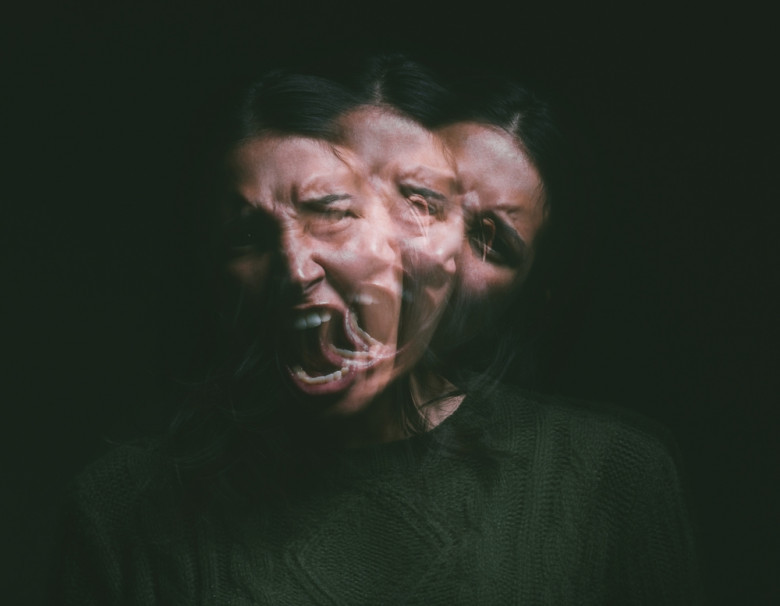views

For many veterans, the struggle with PTSD and insomnia is a daily battle, often leading to significant challenges in mental and physical health. The insomnia VA rating recognizes the severity of sleep disturbances linked to PTSD in veterans, acknowledging that chronic sleeplessness can be as debilitating as other service-connected conditions. Understanding the connection between PTSD and insomnia is crucial for veterans seeking compensation and treatment through the VA disability claims process. This blog explores how PTSD-related insomnia develops, its impact on veterans' lives, and how the VA rates insomnia when it is secondary to PTSD.
Understanding PTSD and Its Link to Insomnia
Post-Traumatic Stress Disorder (PTSD) is a mental health condition triggered by exposure to traumatic events, such as combat, military sexual trauma (MST), or other life-threatening situations. Symptoms include flashbacks, hypervigilance, nightmares, and severe anxiety—all of which can disrupt sleep.
How PTSD Causes Insomnia
- Hyperarousal – PTSD keeps the body in a constant state of alertness, making it difficult to relax and fall asleep.
- Nightmares and Night Terrors – Vivid, distressing dreams can jolt veterans awake, leading to sleep maintenance insomnia (trouble staying asleep).
- Avoidance Behaviors – Fear of nightmares may cause veterans to avoid sleep altogether, worsening sleep onset insomnia (trouble falling asleep).
- Anxiety and Depression – These common PTSD comorbidities further disrupt sleep patterns, creating a vicious cycle.
Because of this strong connection between PTSD and insomnia, the VA often rates insomnia as a secondary condition to PTSD in disability claims.
How the VA Rates Insomnia in Veterans
The VA does not have a specific diagnostic code for insomnia but evaluates it under:
-
Mental health ratings (if linked to PTSD, anxiety, or depression)
-
Secondary service connection (if caused by another service-connected condition like chronic pain or TBI)
VA Rating Criteria for Insomnia Related to PTSD
The VA rates mental health conditions, including PTSD with insomnia, under 38 CFR § 4.130. Ratings are assigned based on symptom severity:
|
VA Rating |
Symptoms (Including Insomnia) |
|
0% |
Mild symptoms that do not significantly impair functioning |
|
10% |
Occasional sleep disturbances, mild anxiety |
|
30% |
Chronic sleep impairment, mild memory loss, difficulty concentrating |
|
50% |
Frequent insomnia, panic attacks, and reduced work efficiency |
|
70% |
Near-constant sleep disturbances, suicidal ideation, inability to maintain employment 
 What's your reaction?Facebook Conversations |




















Comments
0 comment